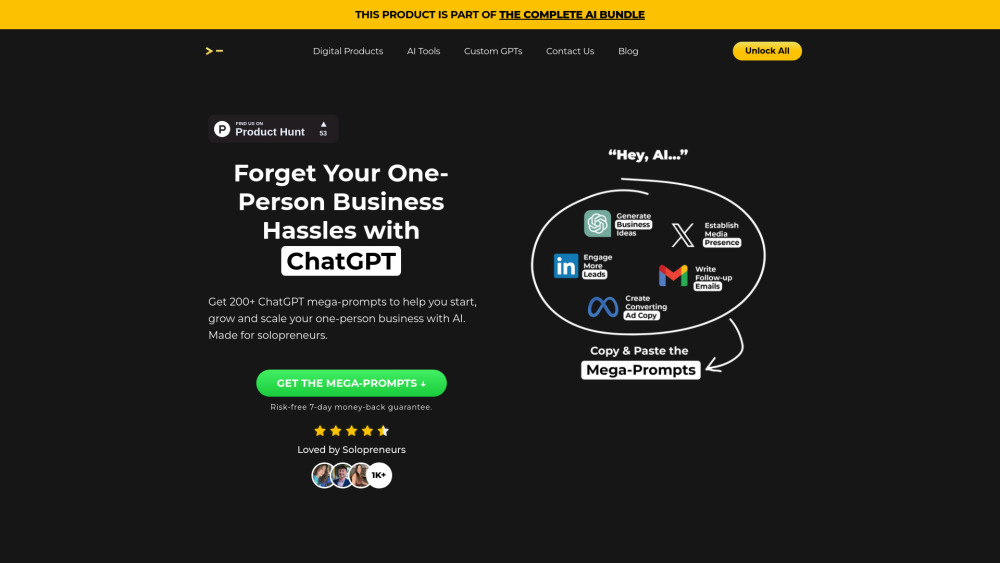Earlier this week, Oracle introduced an innovative suite of generative AI applications designed to assist businesses in automating tasks and enhancing productivity. These cloud-native applications are tailored for specific use cases, ensuring seamless integration into existing workflows.
In a recent conversation, Miranda Nash, General Vice President of Applications Development and Strategy at Oracle, shared insights on how these new tools can transform business processes. She emphasized that nearly all product developments are driven by customer feedback, with 80% of current offerings directly inspired by user needs. Rather than simply requesting generative AI features, customers express challenges they face in their operations. For example, Nash noted, "Customers often tell us that their employees get stuck on certain tasks or fail to complete them. We aim to address these pain points directly." Performance reviews emerged as another area of concern; many managers struggle to conduct them consistently and effectively.
The newly launched applications are deeply integrated with Oracle Cloud Infrastructure (OCI), which was announced earlier this year. Nash explained that the full potential of the new apps relies on the OCI stack. "We leverage OCI’s generative AI services and will soon incorporate additional features, such as retrieval and augmented generation," she stated. The collaboration between her team and the OCI generative AI team is robust, fostering continuous improvement of their services based on real business use cases.
A key advantage of this approach is the adaptability it offers clients. In the dynamic environment of cloud services, Oracle aims to deliver ongoing innovation every quarter. According to Nash, customers have the flexibility to adopt new features at their own pace, without added costs—an essential aspect of any effective cloud solution.
When discussing the importance of simplicity, which was highlighted by Executive Vice President Doug Kehring during a keynote presentation, Nash noted that it is crucial for non-technical users to feel comfortable employing the new apps. "Our users shouldn't need to understand concepts like prompt engineering," she explained. "The expectation is that our products deliver enterprise-level results without requiring advanced technical knowledge. Using AI effectively at scale is a different experience than individual or casual use."
The conversation shifted towards the energy-intensive nature of AI technologies. Nash revealed that Oracle has previously utilized smaller domain-specific language models and continues to seek more efficient solutions. "We are always exploring cheaper, smaller models while still maintaining the power we need to uncover new opportunities," she said.
Looking ahead, Nash indicated that customer demand would likely shape future developments. Many users are already expressing interest in enhancements, such as expanding language capabilities and adjusting to cultural nuances in user interactions. "We're focused on refining prompts and adding sophistication to ensure that our tools align with user expectations across different languages and environments," she noted.
Additionally, Oracle is investigating advanced use cases that could be enabled with richer contextual inputs. For instance, addressing employee benefits inquiries in a human-friendly manner is a potential application where maintaining accuracy is crucial.
As competition intensifies in the realm of generative AI, Nash believes Oracle’s strong infrastructure gives it an edge. "Our close relationship with our cloud infrastructure allows us to concentrate on developing specific applications while managing complex operational demands more efficiently than many competitors," she remarked. Oracle’s effective feedback loop with engaged customers also plays a critical role in shaping their offerings, ensuring that they remain responsive to the evolving needs of businesses.
With this suite of generative AI applications, Oracle is positioned to empower organizations to drive productivity and enhance workflows, setting the stage for a more efficient future in business automation.




